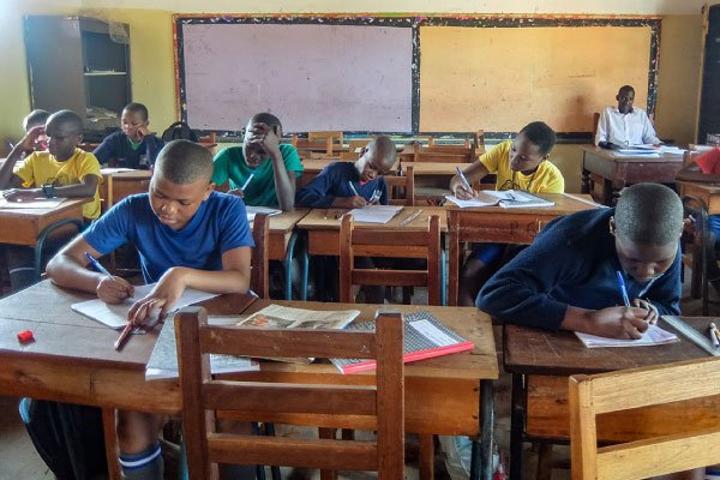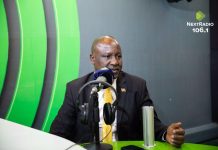Africa-Press – Uganda. Eleven months of Covid-commandeered school closure has left teachers, parents, students as well as other stakeholders feeling severely distraught. Hence, the strong chorus of voices now calling on government to fully reopen schools.
I cannot begrudge these stakeholders for pressuring government to do so. However, I feel disturbed by our collective failure to proactively and reflectively come up with a roadmap that clearly charts out what the content, structure and delivery modality of that school education ought to be in the post-Covid-19 era.
There are two salient reasons why such a reformist roadmap is a pre-requisite. First, gone are the days when education was perceived to be a function of the proverbial “three classrooms” ie the family, school and community. There is also now the “fourth classroom” – the online platform! The Covid-19 pandemic has forced educational institutions worldwide (Uganda inclusive) to exponentially adopt online education in a bid to ensure that teaching and learning continues unhindered even in Covid-19.
By inference, therefore, the future of school education will no longer continue to predominantly rely on the traditional offline classroom-based model.
It is going to be an entirely new dispensation! But are we aptly prepared for this new educational order – in terms of the requisite education hardware and software inputs? Do we even have the political will to cause and effectively manage the concomitant changes in the structure, curriculum and methodology of this novel education prototype?
We are actually lucky that, although the transition from the predominantly offline to online education comes as an unintended consequence of Covid, it does provide a huge opportunity to rethink and restructure the current system of education to (at the very minimum) favour a blended delivery framework. This is a “crossbreed” modality that combines the best of both worlds – offline and online.
We could thus launch a hybrid model of education complete with an intercrossed pedagogy that will, inter alia, offer our students a powerful learning experience, allow for greater cost-saving investment in education, and promote greater customized learning and flexibility.
Second, the closure of schools for quite a long time due to the coronavirus epidemic, has in itself helped to conspicuously expose the shortcomings of our current education system.
For example, owing to the preponderance of examination-oriented chalk and talk method of lesson delivery and rote methods of lesson uptake, our “covid-evicted” students are unable to creatively find ways of making themselves gainfully occupied while on “forced vacation” in their homes/communities.
An education system that does very little to promote self-directed experiential learning or activity-based and project-based learning cannot adequately equip its beneficiaries with creative and innovative ways of doing things and thinking.
They can hardly think out of the box! Nor are they armed with the requisite competencies of empathy, tolerance, problem-solving, decision-making and consensus-building.
Instead, they have manifestly proved to be easy casualties of transactional sex, drug addiction, alcoholism and other social vices.
Worse still, because schooling has inadvertently tended to encourage our youngsters to shun their cultural norms, menial work, rural areas and group think, school graduates commonly turn out to be unproductive social misfits in their own host communities. This must change!
Our concern, therefore, should not just be on reopening schools per se, but also on designing ways and means of ensuring optimal learning outcomes from this expanded spectrum of teaching-learning trajectories.
Henry Edison Okurut Kedi,[email protected]






